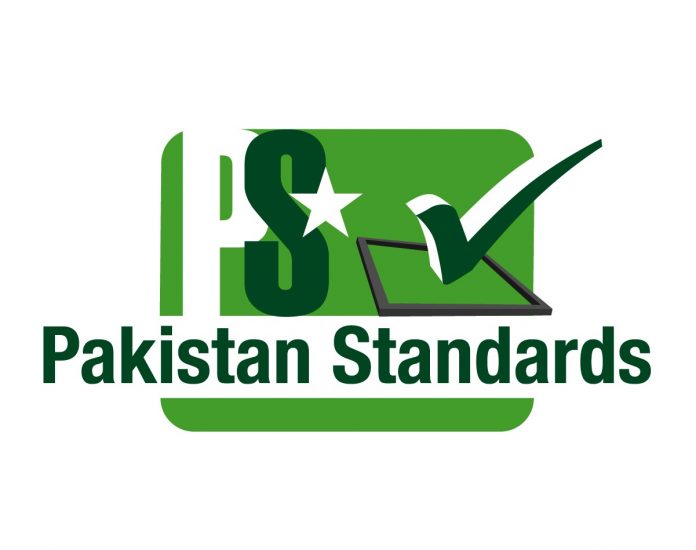ISLAMABAD: The Asia Pacific Accreditation Cooperation (APAC), a regional accreditation body, has raised serious concerns about the dual responsibilities held by Ms. Ismat Gul Khatak, the Director General of the Pakistan National Accreditation Council (PNAC).
In a recent development, APAC’s Peer Evaluation Committee has questioned Ms. Khatak’s dual role as the head of PNAC and her additional position as the Director General of the Pakistan Standards Quality Control Authority (PSQCA), an attached body of the Ministry of Science and Technology. The appointments at PSQCA have already been under scrutiny by the government bodies, as reported earlier by Profit.
Established on January 1, 2019, APAC plays a pivotal role in managing mutual recognition arrangements (MRA) among accreditation bodies in the Asia Pacific region, fostering economic efficiency and facilitating international trade. Ms. Ismat Gul Khatak currently serves as the Director General of PNAC, a key member of APAC.
Ms. Khatak assumed the additional role of DG PSQCA in an unprecedented move, approved by the Cabinet and Prime Minister. However, this decision has sparked concerns, potentially violating the MP Scales Policy – 2020 and the principles of impartiality outlined in ISO/IEC 17011.
According to ISO/IEC 17011, an accreditation body like PNAC should not provide services that compromise its impartiality. The added responsibility assigned to Ms. Ismat Gul Khatak raises questions about the impartiality of PNAC’s Quality Management System, especially given PNAC’s accreditation of multiple sections of PSQCA as conformity assessment bodies.
During a recent peer evaluation by APAC, major non-conformity issues were identified concerning Ms. Ismat Gul Khatak’s dual role as DG PNAC and PSQCA. Sources indicate that APAC has reprimanded Ms. Khatak, urging an immediate relinquishment of her role as DG PSQCA. All actions taken by Ms. Khatak during her tenure as DG PSQCA may need to be reversed to uphold the impartiality clause of ISO/IEC 17011.
This development places the Pakistan National Accreditation Council under intense scrutiny, as APAC signals the potential cancellation of their Mutual Recognition Status if documented information fails to align with ISO/IEC 17011:2017 requirements, specifically the impartiality outlined in clause 4.4. The outcome of this evaluation will have significant implications for PNAC’s standing in the international accreditation community.
In a response to conflict of interest allegations, Ms. Khatak has earlier claimed to have delegated accreditation-related responsibilities to a senior PNAC official before assuming the role of DG PSQCA. When contacted she claimed that the APAC team agreed to the justification given to them regarding the issue.
However, experts argue that, as the organization’s head, she retains ultimate authority, rendering this justification insufficient. The APAC plays a crucial role in managing mutual recognition arrangements among accreditation bodies in the Asia Pacific region. The current situation puts the accreditation status of PNAC at risk, emphasizing the need to promptly address the conflict of interest to maintain international credibility.
It may be mentioned here that both the important institutions, PNAC and PSQCA are the attached bodies of the Ministry of Science and Technology.
APAC ‘s primary role is to manage and expand a mutual recognition arrangement (MRA) among accreditation bodies in the Asia Pacific region. The MRA facilitates the acceptance of conformity assessment results (e.g. test reports, test certificates, inspection reports, and certification) across the region and with other regions around the world.
Conformity assessment results that are produced by conformity assessment bodies (CABs) that have been accredited by one APAC MRA signatory are accepted by all the other APAC MRA signatories. This mutual recognition and acceptance of conformity assessment results reduces the need to undertake duplicate testing, inspection or certification, thus saving time and money, increasing economic efficiency and facilitating international trade.
While this is the first time the APAC has shown concerns, the PSQCA office is not new to allegations of illegal or questionable appointments.
Earlier this year, the Ministry of Science and Technology (MoST), the ministry that oversees the PSQCA, was told to form a committee to investigate the appointments of two senior officers.
As per the latest report, the ministry has yet to form a committee and initiate an inquiry into the alleged illegal appointments of Ali Bux Soomro and Mr. Ahmad Bablani, both holding crucial positions in PSQCA. This reluctance is likely to raise more questions with the Standing Committee of the upper house. The Ministry was urged to submit the inquiry report within 15 days after the issuance of Standing Committee minutes.





banana institutions of banana Republic.